Buying Power to the People!
The weekly Preservation Pointer will be taking a bit of a different approach in the New Year. The conservation committee would like to give you the power to make sustainable choices in your everyday lives that work best for you! By giving you the tools and information that you need, we hope to inspire you to make the small but impactful choices for your household that will help animals in the wild.
For the next few months, we will be going through the home, room by room, to show you easy changes you can make to have a more sustainable lifestyle. All this will lead up to Plastic Free July, when we will ask you to share what habits you and your family have changed for the better!
To kick off this new direction, we would like to start by providing insight on some of the sustainability labels you see on food, hygiene and daily use products. These are the most commonly seen labels and a summary of what they mean:
Best Aquaculture Practices – Standards protect biodiversity and worker rights and is available for shrimp farms and hatcheries and seafood processing plants. https://www.asc-aqua.org/
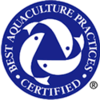
CarbonNeutral – Global standard to ensure a business has reduced their CO2 emissions to a net zero. Applies to the company, products, operations or services. https://www.carbonneutral.com/
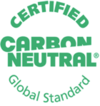
Dolphin Safe – Monitors tuna companies to ensure that tuna is not caught using practices that could harm dolphins. Approves practices usually ensure protections of other marine life as well. http://savedolphins.eii.org/campaigns/dsf/

Energy Star – National symbol for energy efficiency in the US that allows consumers to easily identify energy efficiency products, homes, and buildings. https://www.energystar.gov/
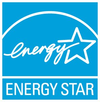
Fairtrade – Ethical trade system that ensures farmers and workers in developing countries are offered fair prices for goods or services. Standards include social, economic an environmental criteria that support small producers and workers. https://www.fairtrade.net/
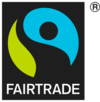
Forest Stewardship Council – promotes environmentally appropriate, socially beneficial and economically viable management of forests worldwide. https://fsc.org/en
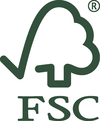
Leaping Bunny – Companies with this seal have made a pledge to eliminate animal testing from all stages of production development. Look for this symbol on “cruelty free” products! https://www.leapingbunny.org/

Marine Stewardship Council – Fisheries with this certification must use sustainable fish stocks, minimize environmental impacts and have effective management to maintain sustainability. https://www.msc.org/home
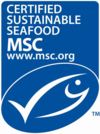
Non-GMO – Products with this seal have been produced using best practices for GMO avoidance, along with testing potential risk ingredients. https://www.nongmoproject.org/

Rainforest Alliance Certified – Products with this seal come from farm or forest operations that meet rigorous standards to protect both the environment and the rights of workers. https://www.rainforest-alliance.org/business/certification/

USDA Organic – Food items with this seal has been grown without antibiotics, hormones, harmful pesticides, synthetic fertilizer, bio engineering, or ionizing radiation. https://www.ams.usda.gov/about-ams/programs-offices/national-organic-program
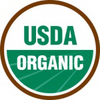
To learn more about many other sustainability labels, please visit http://www.ecolabelindex.com/ecolabels/.
To learn more about Plastic Free July, visit https://www.plasticfreejuly.org/


